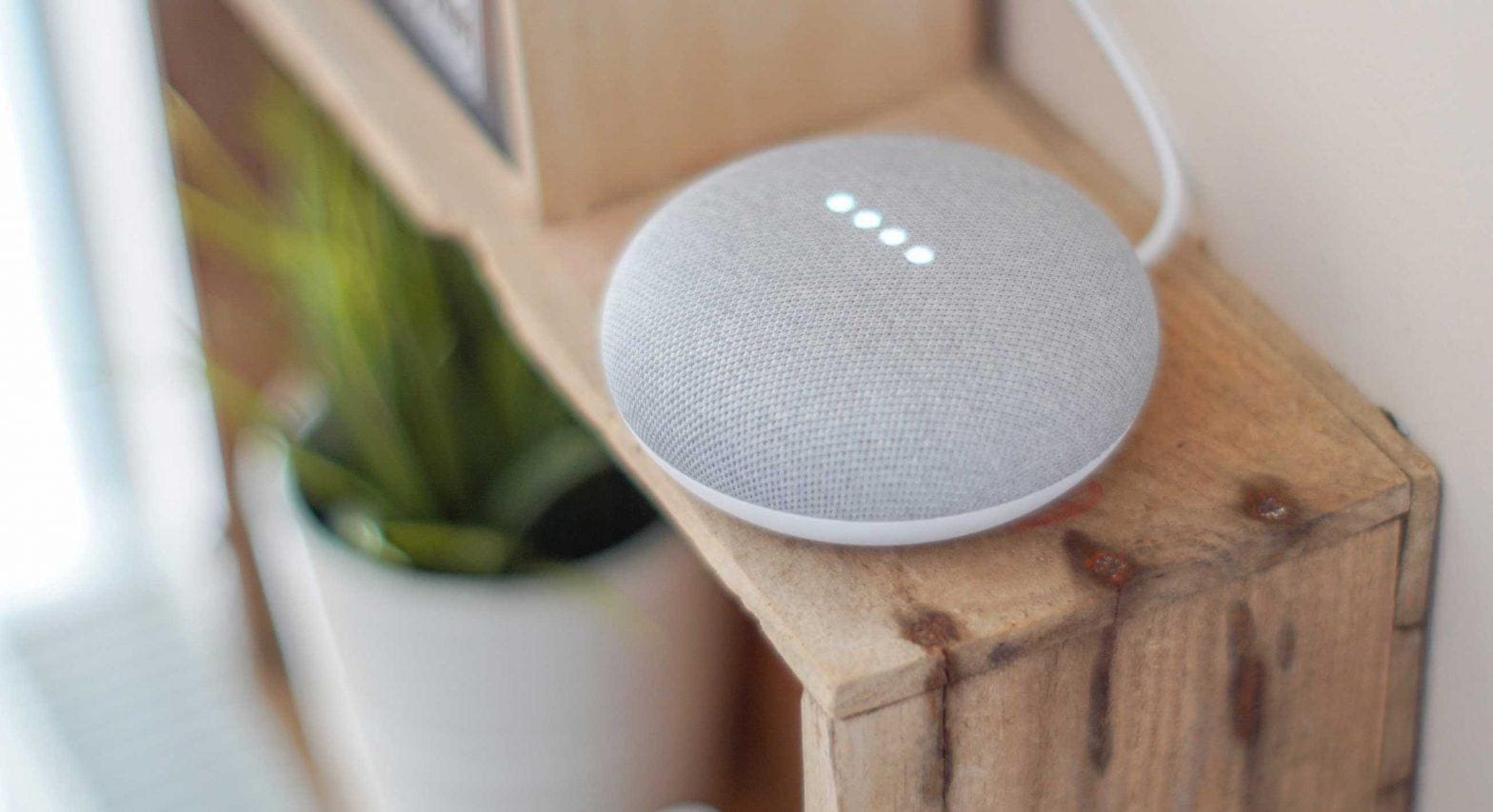For Amazon users, it’s Alexa. For Google Home, it’s “OK Google.” For people who use Apple devices, it’s Siri. These days, AI-driven “smart” digital assistants are super hot, making it easier for people to keep their shopping lists, turn on the furnace, organize playlists, pick something to watch, or get directions—all with voice command. Tech companies are in fierce competition to dominate this space by integrating their version of digital assistants into homes, televisions, cars, and all sorts of portable devices.
The question is—are these digital assistants really making life easier? And what are the tradeoffs?
Advantages of Digital Assistants
Once people get past the learning curve of how to implement, activate, and access their digital assistants, these assistants are actually pretty good at doing what they are designed to do—namely, provide information and perform certain tasks through voice command. Aside from novelty conveniences like choosing a movie or providing funny answers to menial questions (“Hey Siri, what’s the weather today?”), here are some examples of how business owners find digital assistants useful:
- Enables multi-tasking. You can “jot” an idea down via a digital assistant while doing other things, so you don’t have to stop and write it down to keep from forgetting it later.
- Increases productivity. Voice commands move faster than typing, so it’s easier to get access to information, order supplies, etc.
- Better time management. Digital assistants can help you keep better track of your schedule, the same as a personal assistant might—without the salary.
Disadvantages of Smart Digital Assistants
This technology comes with some tradeoffs, too. For example:
- Privacy concerns. Some have expressed concerns that tech companies are “listening in” on personal conversations through digital assistants, as well as mining data. There are also concerns about hacking since personal information is stored in the cloud.
- Not foolproof. While the algorithms are continually improving, digital assistants still “hear” things wrong or often misunderstand a command, providing you responses you can’t use—which leads to frustration and annoyance. Who needs more of that?
A Hidden Advantage of Digital Assistants for Businesses
If you learn how to use them for the tasks you need most, smart digital assistants can be quite helpful. Once you’ve set up everything in a way that fits your needs and the needs of your business, it relatively easy to find value. This technology will only get better and entrepreneurs can use it to their advantage. By updating your local online listings and tweaking your content to be “digital assistant friendly,” you can position your business to be one of the top responses when a user asks Siri or Alexa to provide recommendations for a service or product you provide—thereby increasing your sales and revenue. To learn more about how to use this technology and position your company in the world of AI, give Wicked Bionic a call.
